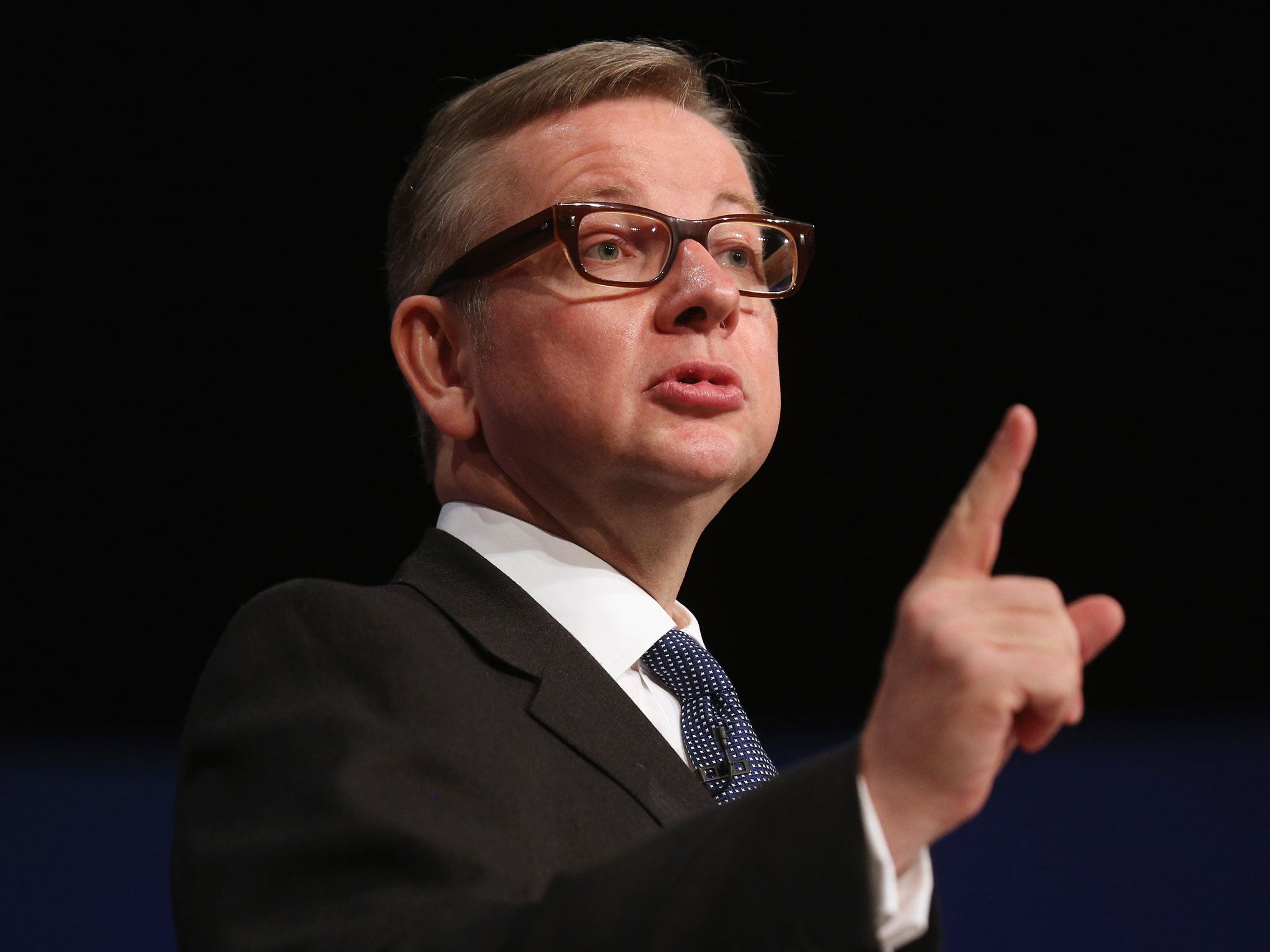Children's care homes report: A third do not meet Government standards and legislation 'shields children from authorities,' not sex offenders
Homes are costing councils an average of £4,000 a week per child to run, according to in-depth report released today

Almost a third of children’s care homes in England are failing to meet the Government’s minimum standards, according to a damning in-depth report released today.
The homes cost councils an average of £4,000 a week per child to run, and many relocate children hundreds of miles from the area, family and friends they know, in a practice which Education Minister Michael Gove has called “indefensible”.
The report provides the most in-depth analysis of children’s homes ever compiled, and was commissioned in the wake of the Rochdale grooming scandal, when a group of men targeting vulnerable girls in the North West was convicted of sex trafficking offences.
In an early preview of the contents of the dossier, the Daily Telegraph reported that councils spent more than £1 billion a year to care for fewer than 4,900 children.
And writing in the newspaper, Mr Gove said that “absurd” legal restrictions on information made it impossible for him to find out about children in private care homes, making it equally impossible for the right Government departments to protect them from predatory criminals.
The regulator Ofsted was barred from giving information to the police by data protection rules and other “bewildering regulations”, he said.
“There was one group of people, however, who did seem to possess all the information: the gangs intent on exploiting these vulnerable children,” Mr Gove wrote.
“They knew where the homes were; they knew how to contact the children: at the fish and chip shop, the amusement arcade, in the local park, or just by hanging around outside the houses.
“In the name of ‘protecting children’ by officially ‘protecting’ their information we had ended up helping the very people we were supposed to be protecting them from.
“We shielded the children from the authorities who needed to be looking out for them.”
Mr Gove said almost half of the children were placed in homes outside their local authority area, with a third more than 20 miles away.
“That is indefensible,” he said. “So, too, is the fact that more than half of children's homes are in areas with above-average crime levels.”
Labour MP Ann Coffey, chair of the All Party Parliamentary Group on Runaway and Missing Children, agreed with Mr Gove’s condemnation of “out of area” placements.
“Too many children are placed miles away from their home towns,“ she said. “They are left isolated and very vulnerable to sexual exploitation by abusers who target them.
“It is an outrage that three out of 10 children's homes are located in the worst crime hot spots in the country. It is perhaps no coincidence that the 1,718 children's homes in England are heavily concentrated in just two areas: the North West and the West Midlands, both of which have been at the centre of grooming scandals.”
David Simmonds, the chairman of the Local Government Association's Children and Young People Board, defended councils by saying that they are “not necessarily routinely notified” if a children's home opens in their area.
“Many of these homes are in the private sector. If somebody thinks ‘I'd like to open a new children's home’ - they have a family home, they open it up as a place that can perhaps take a couple of children - they wouldn't necessarily routinely notify the local authority, so we may not be aware that those children are placed there.”
He said the impulse to avoid larger care institutions – brought about by widespread distrust in the wake of the Jimmy Savile scandal – has led to a “new set of risks that weren't there in the past”, with private homes cropping up that are much harder to regulate.
The office of Information Commissioner Christopher Graham said there was nothing in data protection legislation that prevented the protection of children in care.
“This law covers information about people so it has no bearing on the disclosure of non-personal information like the location of care homes,” a spokesman said.
“If anyone has serious concerns about an individual either as a potential victim or perpetrator then this can be passed on to the police without breaching data protection law.”
The spokesman added that Mr Graham was writing to Mr Gove to “set straight any misunderstandings” about the law.
Subscribe to Independent Premium to bookmark this article
Want to bookmark your favourite articles and stories to read or reference later? Start your Independent Premium subscription today.

Join our commenting forum
Join thought-provoking conversations, follow other Independent readers and see their replies